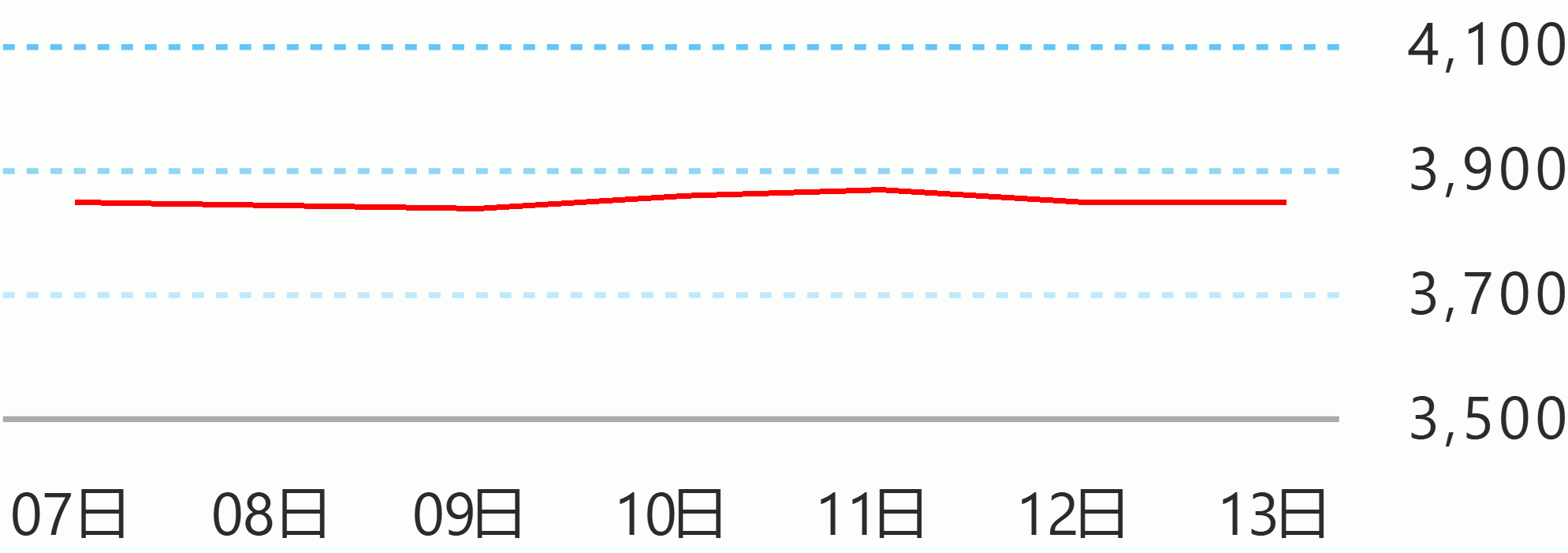The National Food Authority Council (NFAC) on Tuesday approved the importation of rice through the private sector to shore up the country’s buffer stock.
In a statement on Tuesday, the council said the National Food Authority shifted from a government-to-government rice importation to government-to-private sector as it is “more competitive, least corrupt and transparent.”
Cabinet Secretary Leoncio Evasco, who heads the council, said in the statement that it is waiting for how much it could import from the NFA’s 250,000 metric tons standby authority. The NFA’s security committee will be meeting on Thursday to decide this.
“We have to make drastic changes in order to ensure a corrupt free and competitive bidding process at the NFA,” said Evasco. Government-to-government bidding is exempt from the government procurement reform act but government-to-private is not.
The NFA is required to keep a rice buffer stock good for 15 days “at any given time and for 30 days at the onset of the lean months.” The council said the country’s “daily consumption rate requirement is 32,730 metric tons or 654,000 bags.”
A few months ago, President Rodrigo Duterte stopped rice importation. Duterte also sacked the deputy of Evasco for allegedly allowing rice importation during harvests.
Marietta Ablaza, spokesperson of the NFA , told ANC Tuesday night that rice buffer stock is good for eight days. She said supplies at markets remain ample.
The council approved the importation of 805,000 metric tons in Minimum Access Volume this year. This refers to the volume of commodities that can be imported by a member country as a commitment to the World Trade Organization.
The council has also directed the NFA to amend the MAV guidelines to require participating traders to import 25 percent brokens rice from their 25-30 percent quota.
“This will ensure more adequacy of supply and stability of consumer prices at levels within the reach of low income families,” the statement said. DMSThe National Food Authority Council (NFAC) on Tuesday approved the importation of rice through the private sector to shore up the country’s buffer stock.
In a statement on Tuesday, the council said the National Food Authority shifted from a government-to-government rice importation to government-to-private sector as it is “more competitive, least corrupt and transparent.”
Cabinet Secretary Leoncio Evasco, who heads the council, said in the statement that it is waiting for how much it could import from the NFA’s 250,000 metric tons standby authority. The NFA’s security committee will be meeting on Thursday to decide this.
“We have to make drastic changes in order to ensure a corrupt free and competitive bidding process at the NFA,” said Evasco. Government-to-government bidding is exempt from the government procurement reform act but government-to-private is not.
The NFA is required to keep a rice buffer stock good for 15 days “at any given time and for 30 days at the onset of the lean months.” The council said the country’s “daily consumption rate requirement is 32,730 metric tons or 654,000 bags.”
A few months ago, President Rodrigo Duterte stopped rice importation. Duterte also sacked the deputy of Evasco for allegedly allowing rice importation during harvests.
Marietta Ablaza, spokesperson of the NFA , told ANC Tuesday night that rice buffer stock is good for eight days. She said supplies at markets remain ample.
The council approved the importation of 805,000 metric tons in Minimum Access Volume this year. This refers to the volume of commodities that can be imported by a member country as a commitment to the World Trade Organization.
The council has also directed the NFA to amend the MAV guidelines to require participating traders to import 25 percent brokens rice from their 25-30 percent quota.
“This will ensure more adequacy of supply and stability of consumer prices at levels within the reach of low income families,” the statement said. DMS





 English
English








